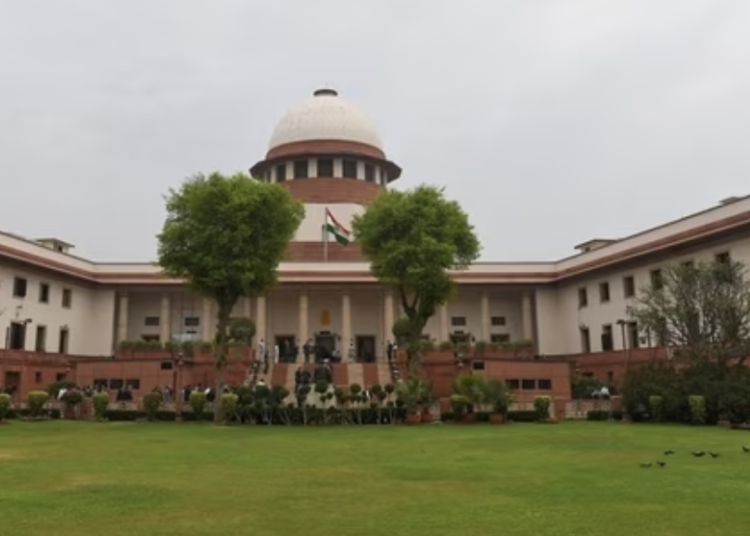In a landmark verdict, the Supreme Court of [Country] has dismissed a plea seeking the termination of a pregnancy exceeding 27 weeks, citing the fundamental right of the foetus to live. The ruling, delivered by a bench of justices, has reignited the contentious debate surrounding abortion laws and the rights of unborn children.
The plea was filed by [Petitioner’s Name], who argued for the termination of the pregnancy on medical grounds. However, the apex court, after careful consideration, upheld the sanctity of life and emphasized the moral and legal obligations to protect the rights of the unborn.
The judgment underscores the delicate balance between the rights of the mother and the rights of the unborn child, setting a significant precedent for future cases involving late-term abortions. By affirming the foetus’ fundamental right to life, the court has signalled a departure from previous rulings that have primarily focused on the mother’s autonomy over her body.
Critics of the decision argue that it disregards the physical and mental well-being of pregnant individuals, especially in cases involving medical complications or risks to the mother’s health. They contend that such rigid interpretations of abortion laws could potentially endanger the lives of women and undermine their reproductive rights.
Conversely, supporters of the verdict applaud the court’s recognition of the inherent dignity and worth of every human life, regardless of its stage of development. They assert that protecting the rights of the unborn is paramount in a society that values compassion and justice for all members, including those yet to be born.
The ruling has sparked a broader conversation about the need for comprehensive and nuanced abortion laws that balance the rights of women with the rights of the unborn. It also underscores the importance of providing adequate support and resources to pregnant individuals facing difficult circumstances, including medical complications or socioeconomic challenges.
As the nation grapples with the complexities of reproductive rights and ethical considerations surrounding abortion, legal experts anticipate that the Supreme Court’s decision will serve as a touchstone for future debates and judicial proceedings on this contentious issue.








 India
India












